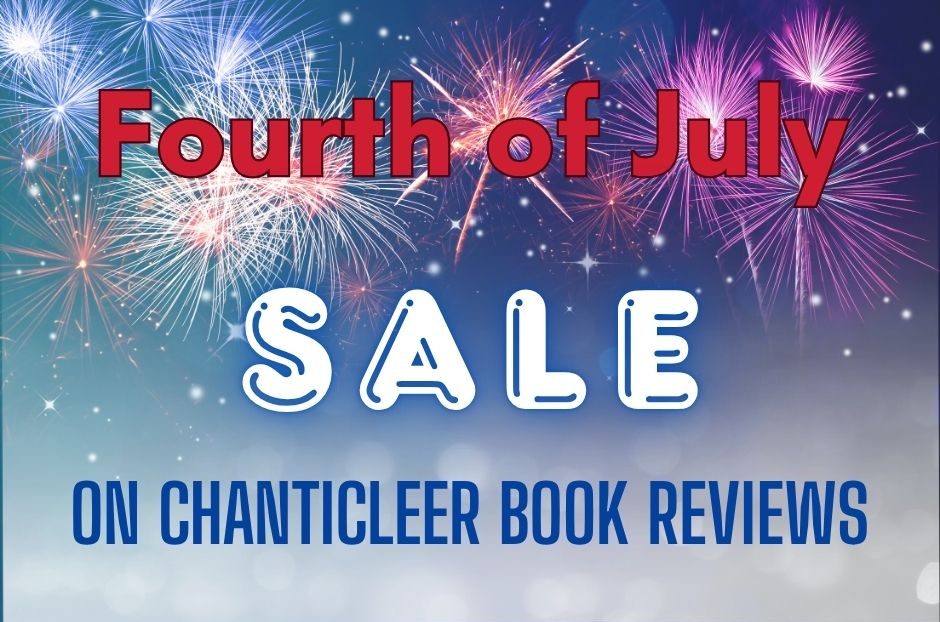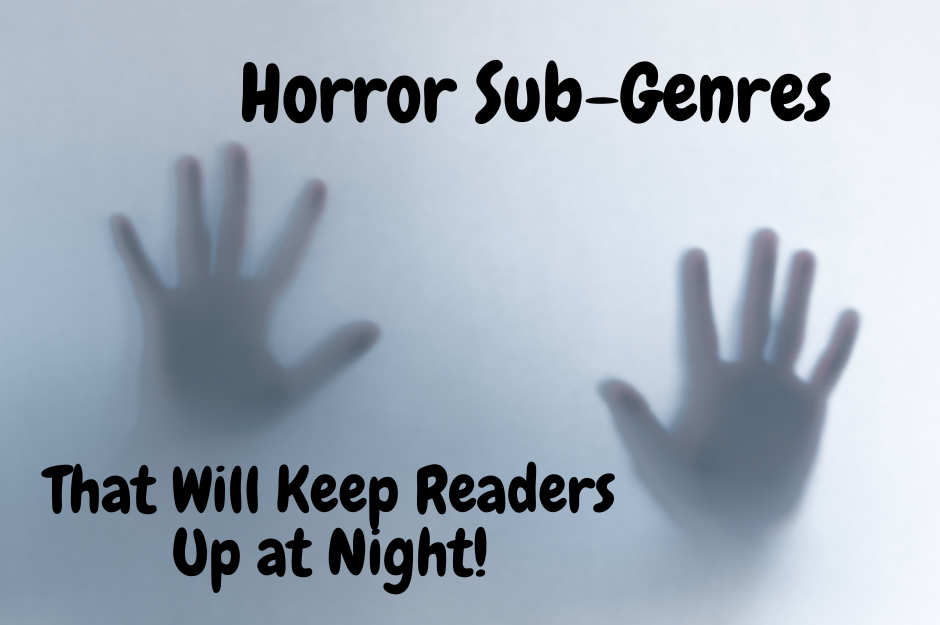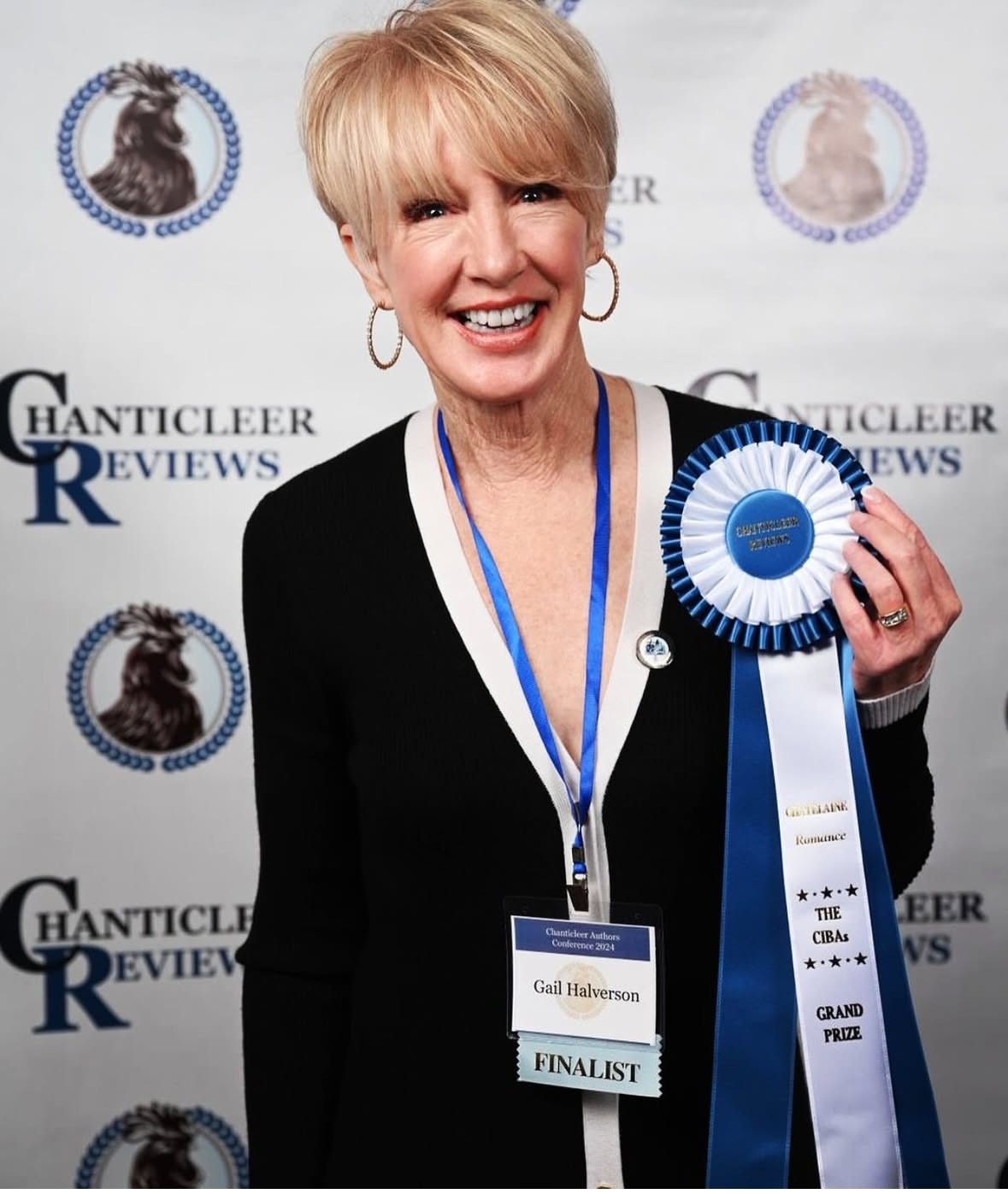|
Listen to or download this article:
|

Research adds so much to a story, but with so much great information available to us today finding the right information can sometimes become overwhelming.
Don’t let your research overtake your writing project! Create a clear and effective process to find the perfect tidbits to add validity and relatability to your story.
Good research serves three essential purposes:
Builds trust with your readers
Fills in gaps in your own knowledge
Provides concrete examples to inspire or reinforce your narrative
Begin Your Research with Trusted Resources
The best start to any research project is to find the right resources. Make sure they are reliable, relevant, and relatable in some way to your story. If you’re writing a romantic scene with references to a specific type of cuisine don’t just rely on the last best meal you had. Find recipes or meal plans that give you the right words to describe the meal. If you are writing a western, look for reliable resources that will tell you the specifics about how to shoe a horse. Here are some good places to start when thinking about where you want to conduct your research—
Familiar Resources
- Your own bookshelf
- Podcasts on your particular subject
- Articles you’ve saved
- Experts you already know
Outside Resources
- Your local library system
- Professional associations for expert opinions
- University research departments
- Industry journals
- News archives
- YouTube videos
- Online websites, such as the online encyclopedia Wikipedia
- Search engines (But be careful—this is where most of my available time gets stuck as I start chasing research tidbits)
Research Tips
Check an author’s other work if you like their approach
Makes sure there are citations and references listed
Check the publication date to determine if the information is current
Take a look at the bibliographies of the books you read to find more sources
Avoid information that is part of an advertising pitch or contains extreme or vague information
Save everything that looks useful – you can sort it out later
Types of Data
One of the best things I found in my research about research is there are only three types of data:
Statistics and data offer an author straight-up facts and findings, and each one should come with a citation to its sourced material
Quotes from experts or people “in the know” require the exact wording and a citation
Anecdotes require a brief summary and the appropriate sourcing
Your Research Project in Action
Now that you have your reliable resources, it’s time to get busy! If you’re like me and can get caught up in finding out more juicy details to add to your story it may be a great time to implement the “5, 10, 10, 5” rule, and it goes a little something like this:
- Pick one key point to research for 5 minutes
- Research one specific item and stay focused on that one item
- Write down three questions that you want to find answers to
- Note the type of evidence you are looking for, such as statistics, examples, or expert quotes. This is particularly helpful to me because it sets me on a direct path to the information I need, rather than through a divergent path of anecdotes, say, when I actually need statistics.
- Scan the information for relevant references for 10 minutes
- Only work from 2-3 reliable sources to simplify and focus your research project
- Save links, bookmark, or take photos of the information you need
- Highlight key passages
- Record the information you need most for 10 minutes
- Create a simple system to record your research; include space to write down where it came from, when the information was collected, who collected it, and a link to the resourced information if available
- Save your best findings and note how you’ll use them in the story
- Quality check for 5 minutes
- Read your original point
- Add your research
- Make sure it flows naturally

Research Tools
Having effective tools in your research toolbelt can really take your effectiveness to the next level, but don’t get carried away! Only use the tools you need to avoid your research project from becoming chaotic. Here are some of our favorite tools—
- Microsoft Word and Excel, and Google Docs are helpful to create simple research documents you can easily search, share, and back up
- Web Browsers’ “Bookmark” features allow you to create folders for different topics or sources
- Microsoft’s Notebook can turn you into a record keeping superstar!
- Evernote: Clip web articles and organize by chapter
- Apple Notes/Google Keep: Quick capture of ideas and sources on your phone
- Kindle/eBooks: The search feature combined with its ability to highlight specific passages is the solution to foregoing typing out quotes, and their search function helps you skim through the content to find the information you need most
- ReadWise saves and organizes the highlights and quotes you’ve found through your Kindle app
- Zotero is a great free resource often used by Academics to track biographies and create folders to track their research. Powerful for anything that might require an annotated bibliography
- Index cards and journals lets you see your research without logging into your computer, and using index cards allows you to move your thoughts around as you plot your story
- Sticky flags will take you right to the information when researching physical books
- File folders will help you organize physical information by topic, chapter, or source
- Highlighters let you color-code different types of research
- Voice memos and photos of book pages for quick grabs

Beware of research pitfalls!
Finding Research Mistakes:
- Looking at only the first page of Google results—some of the most important information I’ve found has come from page 2 or 3 of a Google search
- Using only one type of source and not verifying the information with other sources
- Believing what you see on social media—never give your blind trust to what you find on social media
- Not checking dates of your sourced material
Organization Research Mistakes:
- Saving everything “just in case” (I’m raising my hand in guilt here)
- Not noting where you found something
- Keeping research scattered across multiple places; good organization will alleviate a lot of stress
- Forgetting to back up digital notes
- Trying to use too many research organizational systems at once
Writing Mistakes:
- Letting research overwhelm your own voice
- Including facts just because they’re interesting, not relevant
- Dumping research without context; don’t make your story a lesson for your readers, make it an adventure in storytelling!
- Not fact-checking quotes and forgetting who said what
And always remember
Research should support your message, not become the message!

 Thank you for joining us for this Writer Toolbox Article
Thank you for joining us for this Writer Toolbox Article
There is so much to learn and do with Chanticleer!
From our Book Award Program that has Discovered the Best Books since the early 2010s to our Editorial Book Reviews recognizing and promoting indie and traditional authors, Chanticleer knows your books are worth the effort to market professionally!
Hungry for more? These articles can help you go even further with your research:
- The Ropes Around Research for the Accurate Writer
Series Spotlight: Themes and Research for Success!
Tapping the Experts – Researching for Your Works in Progress
Ready to put your research to work?
After investing time in thorough research, you want to make sure it enhances rather than overwhelms your story. That’s where professional editorial guidance becomes invaluable.
Chanticleer’s Manuscript Overview helps you see if your research is working effectively within your narrative. Our evaluators will assess whether your carefully gathered facts feel naturally integrated or if they’re disrupting your story’s flow. We’ll identify where research strengthens your work and where it might need better balance with your storytelling voice.
Research should support your message, not become the message—and our manuscript evaluators help ensure you’ve struck that crucial balance.
Learn more about Manuscript Overview services here and Editorial Services here!
Take your well-researched book to the next level with professional editorial guidance!











Leave A Comment